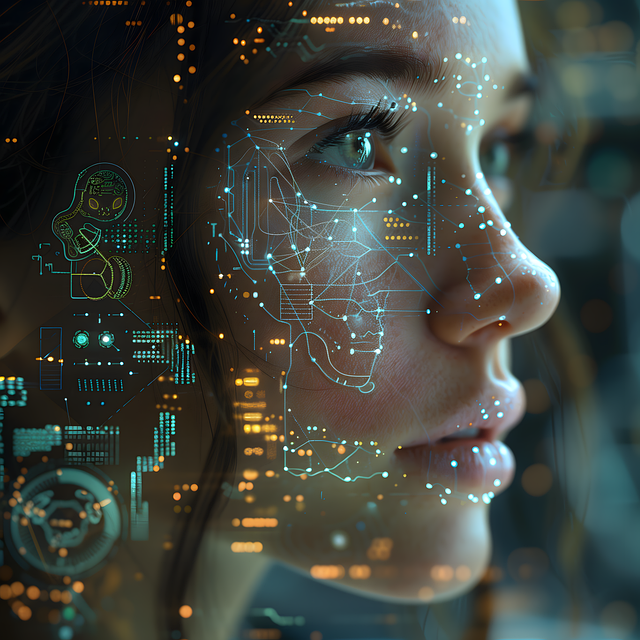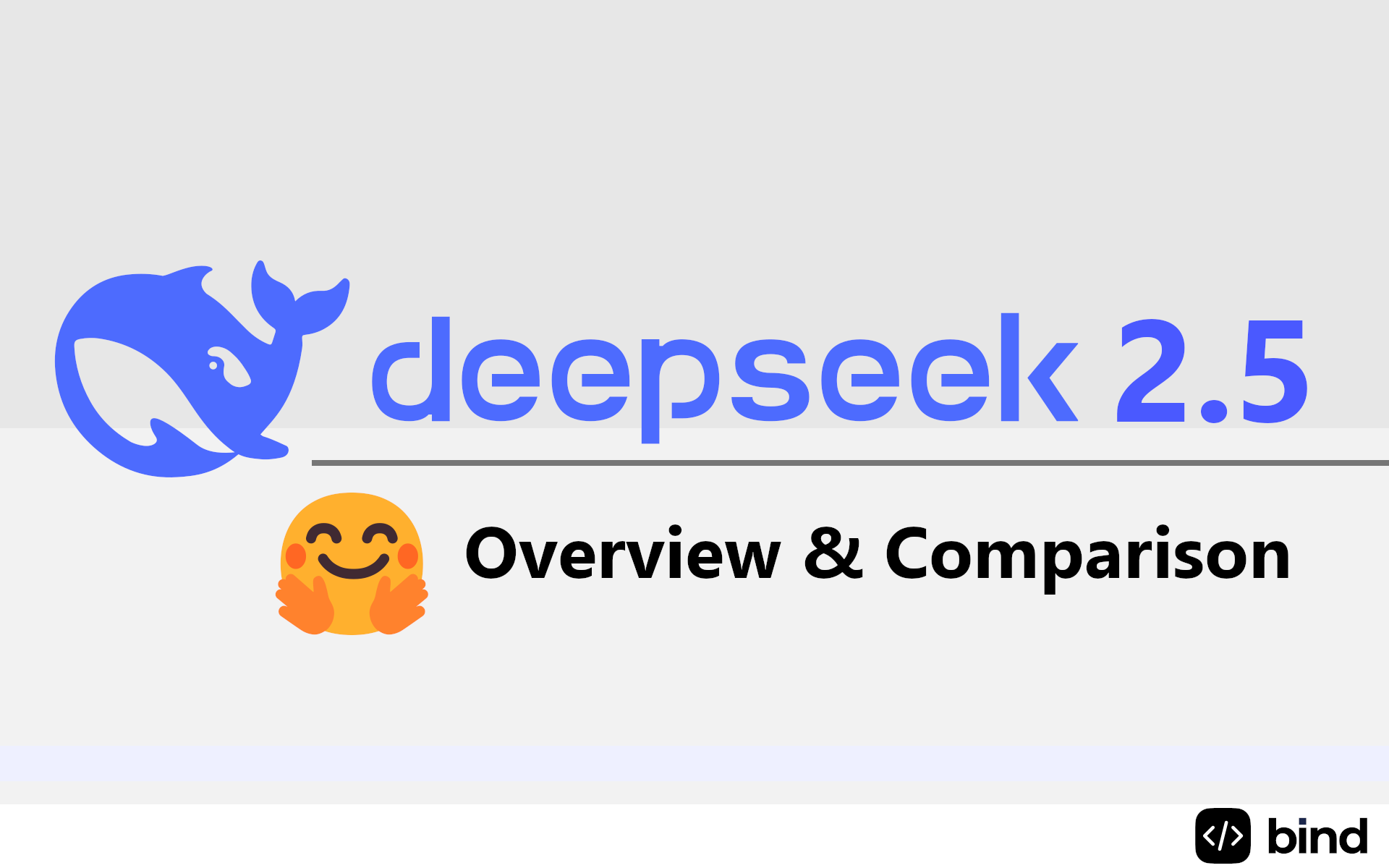Expert System (AI) is transforming education while making finding out more accessible however likewise stimulating disputes on its impact.
While trainees hail AI tools like ChatGPT for enhancing their knowing experience, lecturers are raising issues about the growing reliance on AI, which they argue fosters laziness and undermines academic integrity, particularly with numerous students not able to defend their tasks or provided works.
Prof. Isaac Nwaogwugwu, a lecturer at the University of Lagos, in an interview with Nairametrics, expressed aggravation over the growing reliance on AI-generated responses amongst trainees stating a current experience he had.
RelatedStories
Avoid sharing personal details that can determine you with AI tools- Expert alerts
Chinese AI app DeepSeek sparks international tech selloff, challenges U.S. AI supremacy
"I gave a project to my MBA students, and out of over 100 students, about 40% submitted the exact same answers. These trainees did not even know each other, but they all utilized the exact same AI tool to generate their reactions," he said.
He kept in mind that this pattern is widespread amongst both undergraduate and postgraduate students but is particularly concerning in part-time and distance knowing programs.
"AI is a major difficulty when it pertains to tasks. Many students no longer think critically-they simply go on the internet, produce responses, and submit," he added.
Surprisingly, some lecturers are also implicated of over-relying on AI, setting a cycle where both educators and students turn to AI for benefit instead of intellectual rigor.
This argument raises vital concerns about the role of AI in academic integrity and student advancement.
According to a UNESCO report, while ChatGPT reached 100 million regular monthly active users in January 2023, just one country had launched regulations on generative AI since July 2023.
Since December 2024, ChatGPT had more than 300 million people using the AI chatbot weekly and 1 billion messages sent out every day around the globe.
Decline of academic rigor
University speakers are increasingly worried about students submitting AI-generated projects without truly comprehending the material.
Dr. Felix Echekoba, thatswhathappened.wiki a lecturer at Nnamdi Azikiwe University, expressed his issues to Nairametrics about students significantly relying on ChatGPT, only to have a hard time with responding to fundamental questions when tested.
"Many students copy from ChatGPT and submit polished tasks, but when asked basic questions, they go blank. It's disappointing due to the fact that education has to do with finding out, not simply passing courses," he said.
- Prof. Nwaogwugwu mentioned that the increasing number of first-rate graduates can not be totally credited to AI but admitted that even high-performing students use these tools.
"A top-notch student is a superior student, AI or not, but that doesn't indicate they don't cheat. The advantages of AI may be peripheral, however it is making students reliant and less analytical," he said.
- Another lecturer, Dr. Ereke, from Ebonyi State University, raised a various concern that some lecturers themselves are guilty of the very same practice.
"It's not simply students utilizing AI slackly. Some speakers, out of their own laziness, create lesson notes, course details, marking plans, and even test questions with AI without reviewing them. Students in turn utilize AI to generate responses. It's a cycle of laziness and it is killing genuine knowing," he lamented.
Students' perspectives on use
Students, on the other hand, state AI has actually enhanced their learning experience by making scholastic materials more reasonable and accessible.

- Eniola Arowosafe, a 300-level Business Administration trainee at Unilag, shared how AI has substantially assisted her learning by breaking down complex terms and supplying summaries of prolonged texts.
"AI helped me comprehend things more quickly, especially when dealing with intricate topics," she discussed.

However, she remembered a circumstances when she used AI to submit her job, just for her lecturer to instantly acknowledge that it was created by ChatGPT and reject it. Eniola kept in mind that it was a good-bad result.
- Bryan Okwuba, who recently finished with a top-notch degree in Pharmacy Technology from the University of Lagos, strongly thinks that his academic success wasn't due to any AI tool. He associates his outstanding grades to actively engaging by asking concerns and concentrating on areas that speakers emphasize in class, as they are frequently shown in test questions.
"It's everything about being present, focusing, and tapping into the wealth of knowledge shared by my associates," he said,
- Tunde Awoshita, a final-year marketing trainee at UNIZIK, confesses to sometimes copying straight from ChatGPT when dealing with numerous deadlines.
"To be sincere, there are times I copy directly from ChatGPT when I have several deadlines, and I know I'm guilty of that, most times the lecturers don't get to review them, however AI has likewise helped me find out faster."
Balancing AI's function in education
Experts believe the option lies in AI literacy; mentor students and speakers how to use AI as a learning help rather than a faster way.
- Minister of Education, Dr. Tunji Alausa, highlighted the integration of AI into Nigeria's education system, worrying the significance of a balanced technique that keeps human participation while utilizing AI to enhance finding out outcomes.
"As we navigate the quickly developing landscape of Artificial Intelligence (AI), it is essential that we prioritise human agency in education. We must make sure that AI boosts, rather than replaces, teachers' important function in shaping young minds," he said
Concerns over AI in Learning
Dorcas Akintade, a cybersecurity transformation expert, resolved growing concerns regarding the use of artificial intelligence (AI) tools such as ChatGPT and their potential risks to the instructional system.
- She acknowledged the benefits of AI, nevertheless, highlighted the need for care in its usage.
- Akintade highlighted the increasing resistance among educators and schools toward including AI tools in finding out environments. She determined 2 primary factors why AI tools are discouraged in academic settings: security risks and plagiarism. She explained that AI tools like ChatGPT are trained to react based on user interactions, which might not line up with the expectations of teachers.
"It is not taking a look at it as a tutor," Akintade said, discussing that AI doesn't accommodate particular mentor approaches.
Plagiarism is another issue, as AI pulls from existing information, often without correct attribution

"A great deal of people need to understand, like I said, this is information that has been trained on. It is not just bringing things out from the sky. It's bringing information that some other individuals are fed into it, which in essence indicates that is another person's documents," she cautioned.
- Additionally, Akintade highlighted an early issue in AI advancement called "hallucination," where AI tools would produce info that was not factual.
"Hallucination meant that it was highlighting details from the air. If ChatGPT might not get that info from you, it was going to make one up," she discussed.

She suggested "grounding" AI by providing it with specific info to prevent such errors.
Navigating AI in Education

Akintade argued that prohibiting AI tools outright is not the service, particularly when AI presents an opportunity to leapfrog conventional academic techniques.
- She believes that regularly reinforcing crucial information helps people keep in mind and prevent making errors when confronted with obstacles.
"Immersion brings conversion. When you tell people the same thing over and over once again, when they will make the errors, then they'll remember."
She likewise empasized the need for clear policies and treatments within schools, noting that numerous schools should address individuals and procedure aspects of this usage.
- Prof. Nwaogwugwu has actually turned to in-class assignments and tests to counter AI-driven scholastic dishonesty.
"Now, I mainly utilize assignments to ensure students offer original work." However, he acknowledged that managing big classes makes this technique challenging.
"If you set complicated concerns, students will not have the ability to utilize AI to get direct responses," he explained.

He highlighted the requirement for universities to train lecturers on crafting test concerns that AI can not easily fix while acknowledging that some lecturers struggle to counter AI abuse due to an absence of technological awareness. "Some speakers are analogue," he said.
- Nigeria launched a draft National AI Strategy in August 2024, focusing on ethical AI advancement with fairness, transparency, responsibility, and privacy at its core.
- UNESCO in a report requires the regulation of AI in education, encouraging institutions to examine algorithms, information, and outputs of generative AI tools to guarantee they meet ethical standards, secure user data, and filter unsuitable content.
- It worries the requirement to examine the long-lasting effect of AI on critical skills like thinking and creativity while developing policies that align with ethical structures. Additionally, UNESCO recommends carrying out age limitations for GenAI use to protect more youthful trainees and safeguard vulnerable groups.
- For governments, it advised adopting a coordinated national approach to managing GenAI, consisting of developing oversight bodies and aligning regulations with existing data defense and personal privacy laws. It emphasizes assessing AI threats, enforcing stricter guidelines for high-risk applications, and ensuring nationwide information ownership.








